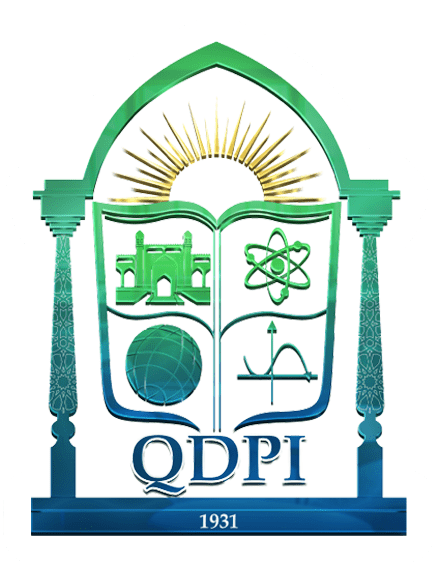THE EFFECTS OF PROBLEM-BASED LEARNING ON LANGUAGE COURSES AT UNIVERSITIES
Аннотация
This study examines the effects of problem-based learning (PBL) on university language courses. The research focuses on the structural framework of PBL, its impact on cognitive development, and its role in fostering intercultural competence in professional communication. The study highlights the shift from passive knowledge acquisition to an active, task-based approach, integrating linguistic proficiency with domain-specific knowledge. The role of the instructor as a facilitator in guiding problem-solving processes is analyzed. Empirical data, including student performance metrics, employer feedback, and student evaluations, demonstrate that PBL enhances motivation, critical thinking, and the ability to apply language skills in professional contexts. The findings support the implementation of PBL in university language curricula to align linguistic education with the demands of the global job market.
Об авторах
Список литературы
Duch B.J., Groh S.E., Allen D.E. The Power of Problem-Based Learning: A Practical "How To" for Teaching Undergraduate Courses. Stylus Publishing, 2001. P. 23–45.
Savin-Baden M. Facilitating Problem-Based Learning: Illuminating Perspectives. Open University Press, 2003. P. 67–89.
Schmidt H.G., Rotgans J.I., Yew E.H.J. The Process of Problem-Based Learning: What Works and Why? Medical Education. 2011. Vol. 45, No. 8. P. 792–806.
Barrows H.S., Tamblyn R.M. Problem-Based Learning: An Approach to Medical Education. Springer, 1980. P. 125–147.
Hmelo-Silver C.E. Problem-Based Learning: What and How Do Students Learn? Educational Psychology Review. 2004. Vol. 16, No. 3. P. 235–266.
Hung W. Theory to Reality: A Few Issues in Implementing Problem-Based Learning. Educational Technology Research and Development. 2011. Vol. 59, No. 4. P. 529–552.
De Graaff E., Kolmos A. Characteristics of Problem-Based Learning. International Journal of Engineering Education. 2003. Vol. 19, No. 5. P. 657–662.
Torp L., Sage S. Problems as Possibilities: Problem-Based Learning for K-12 Education. ASCD, 2002. P. 45–78.
Boud D., Feletti G. The Challenge of Problem-Based Learning. Routledge, 1998. P. 312–338.
Cerezo L., McWhorter R. Designing Effective Problem-Based Learning Scenarios for Language Education. Language Teaching Research. 2020. Vol. 24, No. 2. P. 189–207.
Jonassen D.H., Strobel J., Lee C.B. Everyday Problem Solving in Engineering: Lessons for Language Learning. Educational Technology & Society. 2006. Vol. 9, No. 3. P. 134–146.
Norman G.R., Schmidt H.G. The Psychological Basis of Problem-Based Learning: A Review. Academic Medicine. 1992. Vol. 67, No. 9. P. 557–565.
Gallagher S.A., Stepien W.J., Rosenthal H. The Effects of Problem-Based Learning on Language and Critical Thinking Skills. Journal of Educational Research. 1992. Vol. 86, No. 1. P. 18–25.
Mayo P., Donnelly M.B., Nash P.P., Schwartz R.W. Student Perceptions of the Impact of Problem-Based Learning on Language Proficiency. Academic Medicine. 1993. Vol. 68, No. 7. P. 550–556.
Dolmans D.H., De Grave W., Wolfhagen I.H., van der Vleuten C.P. Problem-Based Learning: Future Challenges for Educational Practice and Research. Medical Education. 2005. Vol. 39, No. 7. P. 732–741.
Как цитировать

Это произведение доступно по лицензии Creative Commons «Attribution-NonCommercial-NoDerivatives» («Атрибуция — Некоммерческое использование — Без производных произведений») 4.0 Всемирная.
